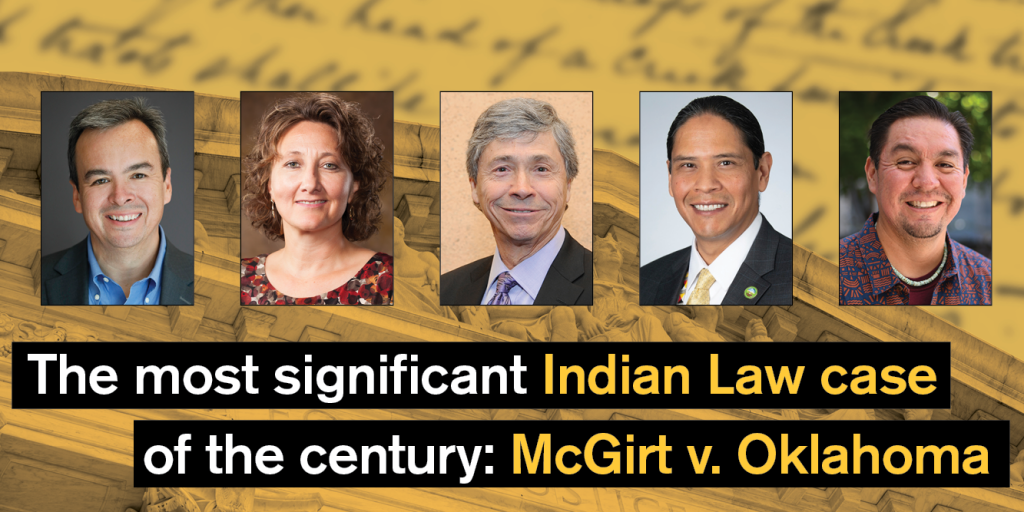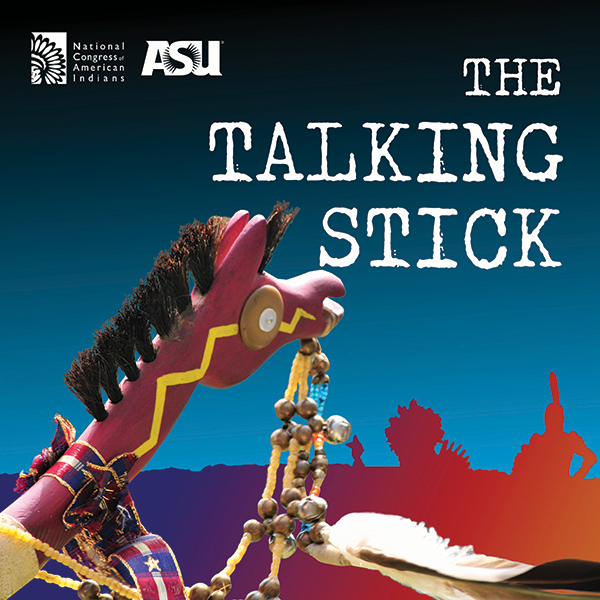Monthly Archives: July 2020
Job Opportunity – Staff Attorney
Job Opportunity – Temporary Law Clerk
Prof. Miller interviewed on McGirt v. Oklahoma Supreme Court decision
Prof. Larry Roberts article on today’s McGirt v. Oklahoma Supreme Court decision
Supreme Court says eastern half of Oklahoma is Native American land
Talking Stick Podcast
Another U.S. Supreme Court case ruling and another win for Indian Country
In 2011, a group of law students led by Pat Kincaid (’12), that included Joe Keene (’12), Corey Hinton (’11) and Kevin Heade (’12) joined a national effort of NALSA students to help habeas counsel with the legal research on the Murphy case. The students collaborated with Philip Tinker, who was also a law student at the time attending the University of Tulsa College of Law, to assist with representation at the time. Tinker went on to work at the law firm that represented in the Murphy and McGirt litigation. Mr. Tinker now works at the Kanji & Katzen, PLLC.
The students did research on all of Oklahoma’s history and the absence of a termination act by Congress on the Murphy case. Oklahoma argued that the Enabling Act resulted in the disestablishment of the reservation. The students conducted research on the original treaties and the absence of termination language in the allotment statute and looked into debunking the Enabling Act argument. The students also focused on theories related to allotments and the extent to which the underlying mineral estate was still in trust.


